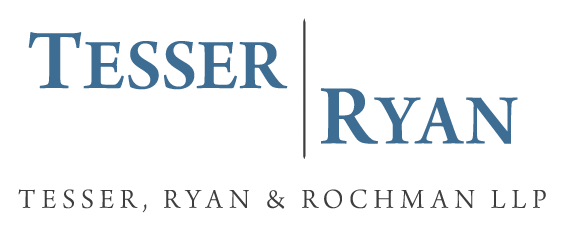Are Pharmacists health care providers?
By Gregory J. Ryan
Pharmacists are licensed by the New York State Education Department. As licensed professionals, pharmacists’ practices are subject to regulations imposed by the Pharmacy Board and the Office of Professional Discipline (OPD). If they do not adhere to these regulations, they may be subject themselves to professional disciplinary action initiated by OPD. In all respects, pharmacists are treated as professionals in New York State. But a recent New York State Supreme Court decision has questioned whether pharmacists are health care providers in New York.
New York State has a narrowly drawn whistleblower law for healthcare workers. New York Labor Law section 741 allows healthcare workers to file suit for retaliatory action by their employer, but only under limited circumstances. The Law provides that no employer shall retaliate against an employee for taking action, such as disclosing to a supervisor or public body, an activity which the employee in good faith reasonably believes constitutes improper quality of patient care. The law narrowly defines “employee” as being limited to “any person who performs heath care services for and under the control and direction of any public or private employer which provides health care services.”
Often times employees at health care facilities witness activities which endanger public safety and which “constitutes improper quality of patient care.” For example, employees at hospitals, rehabilitation centers, or nursing homes may witness abusive treatment of patients or neglect of patients. These employees are not always “health care providers” – they may be administrative workers, managers, technicians, or maintenance workers. Under the narrow language of the Section 741, these employees do not have protection against retaliation.
There are cases where the question of whether or not an employee is a “health care provider” is not so apparent. In a recent case, a staff pharmacist at a hospital raised a claim of retaliation, alleging that she was terminated after she had raised allegations of unsafe conditions in the hospital pharmacy. She alleged that she had complained about, among other things, poor ventilation, excessively high temperatures, and employees working with dangerous medications without proper protection. After she was terminated and lost an arbitration hearing with the hospital, she filed a lawsuit in New York’s Supreme Court in Kings County. Although the Court found that her lawsuit was barred by the finding of the arbitrator, the Court also addressed her right to sue under Labor Law Section 741. The Court concluded that she was not covered by the language of Section 741, the New York health care whistleblower law.
The Supreme Court Judge found that the law was meant to protect employees who are “qualified by virtue of training and/or experience to make knowledgeable judgments as to the quality of patient care, and whose job requires them to make these judgments.” The Judge agreed with the hospital that the pharmacist “filling prescriptions and compounding medications at the directions of others directly responsible for providing health care services to patients–albeit an important skill requiring professional training–did not require plaintiff to make judgments about the quality of care for the patients who were to receive medications.” See Von Maack v. Wycoff Heights Medical Center, Index No. 504150/2013 (Sup. Ct. Kings County 2014).
